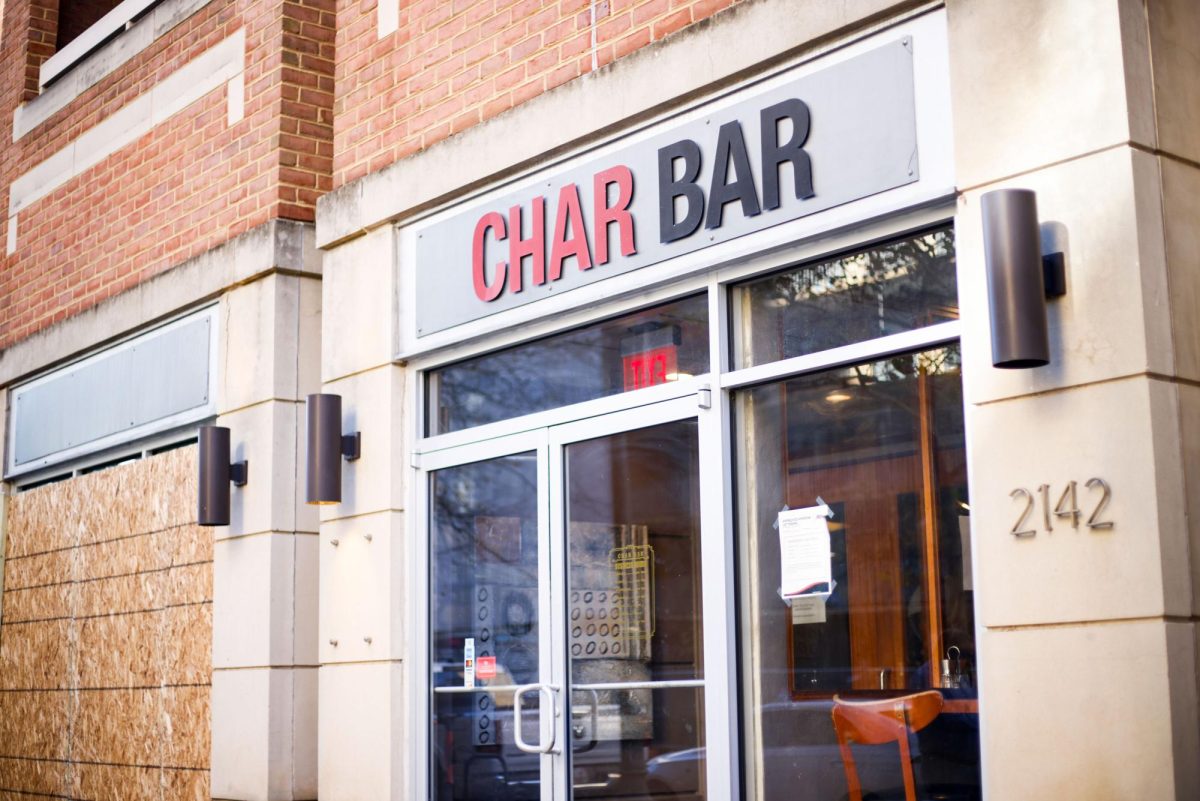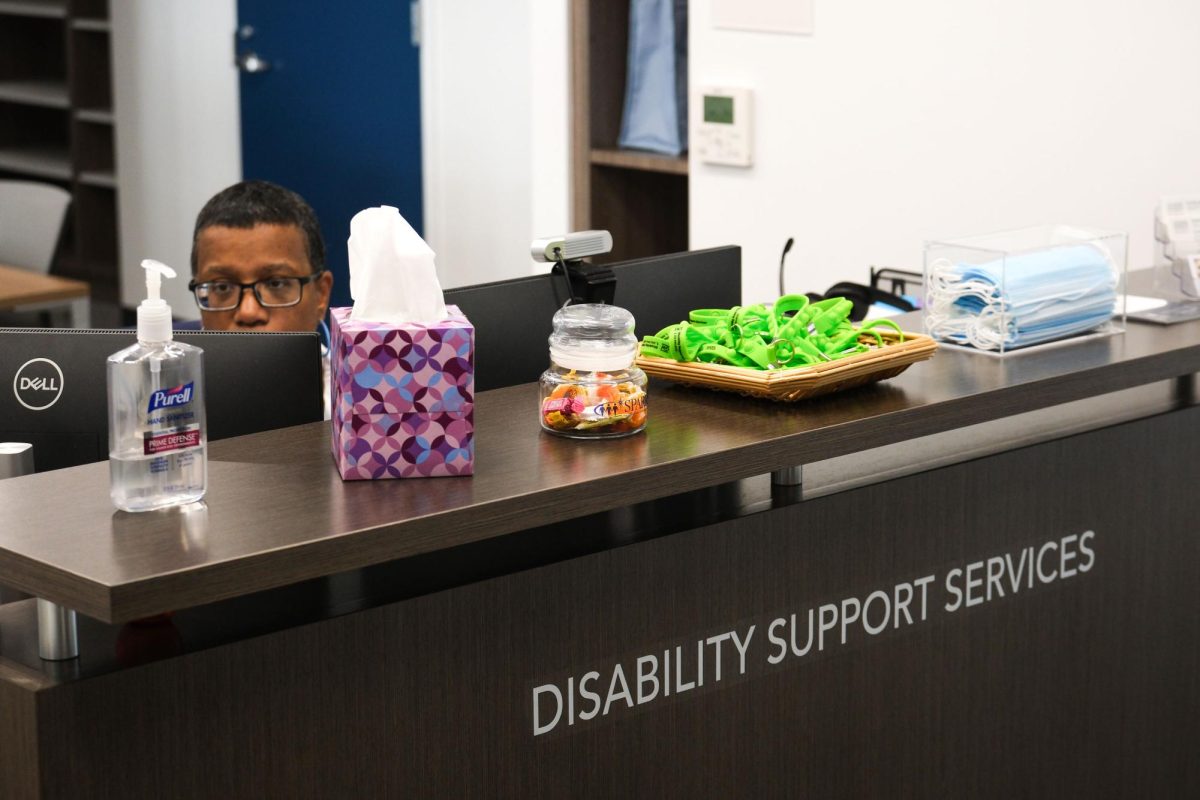GW’s Emergency Medical Response Group has temporarily suspended weeknight coverage.
EMeRG – which works in conjunction with the University Police Department to respond to campus emergencies – is momentarily short-staffed and will work with the altered schedule until many of its new members are fully certified to work as Emergency Medical Technicians, said EMeRG Coordinator David Fifer.
“By taking a look at our call statistics, we were able to determine that our call volume is heaviest during weekdays and on weekends,” Fifer said. “As a result we have temporarily suspended weeknight coverage until our newest EMTs are trained.”
The service cut comes after the University reported a 14 percent increase in alcohol transports to the GW Hospital. Of the cases handled by the team of 42, about 30 percent are alcohol-related, Fifer said.
Fifer added, however, that not all patients transported to the GW Hospital for over-intoxication are processed by EMeRG, saying that while alcohol transports increased, the number EMeRG transported to the hospital has gone down.
“EMeRG alcohol cases are not on the rise,” he said.
Fifer said EMeRG membership is consistent with previous years. However, many of EMeRG’s members graduated last year, leaving the staff with new members who must still complete training before officially joining the force.
Some of the students who work for EMeRG receive a housing credit in exchange for their work on the ambulance.
GW Housing Programs and the Office of Safety and Security collaborated this year to provide six EMeRG members compensated housing in exchange for their work on the ambulance.
The other 36 campus medics participate strictly on a voluntary basis, though members are paid an hourly wage when on standby at special events or when conducting community CPR and First Aid classes.






